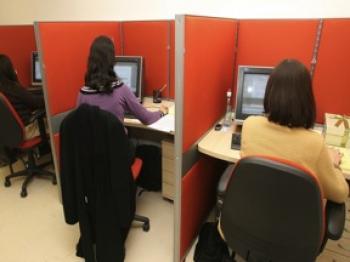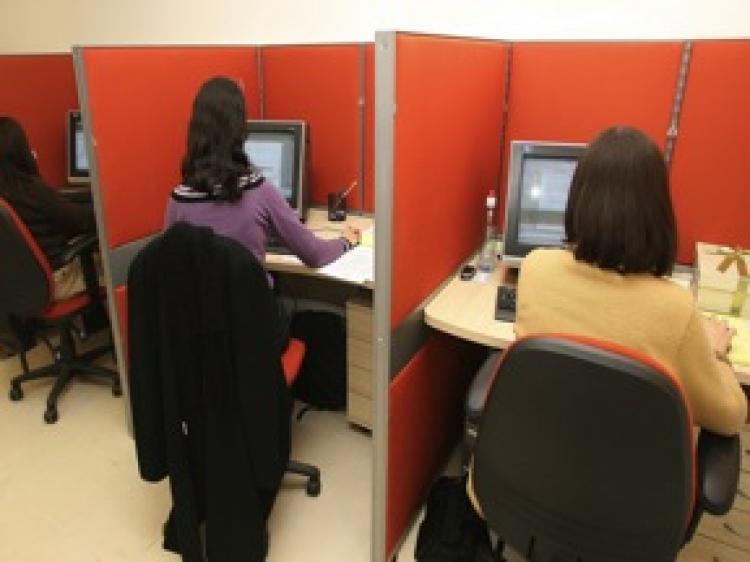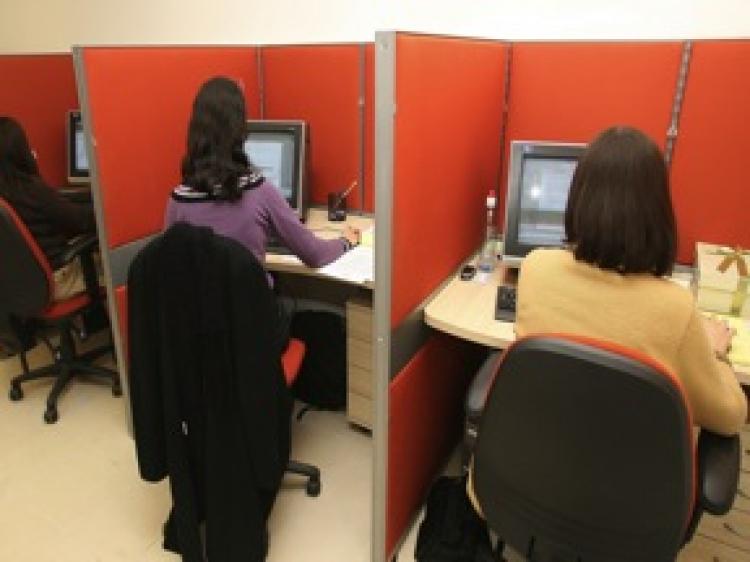Ultra-Orthodox Women: An Emerging Force in Israeli’s Hi-tech Industry
Most of the 700 ultra-Orthodox women currently employed at the development center have an academic degree in either computer science or computer engineering.

Gilad Slonim/The Epoch Times
|Updated:




